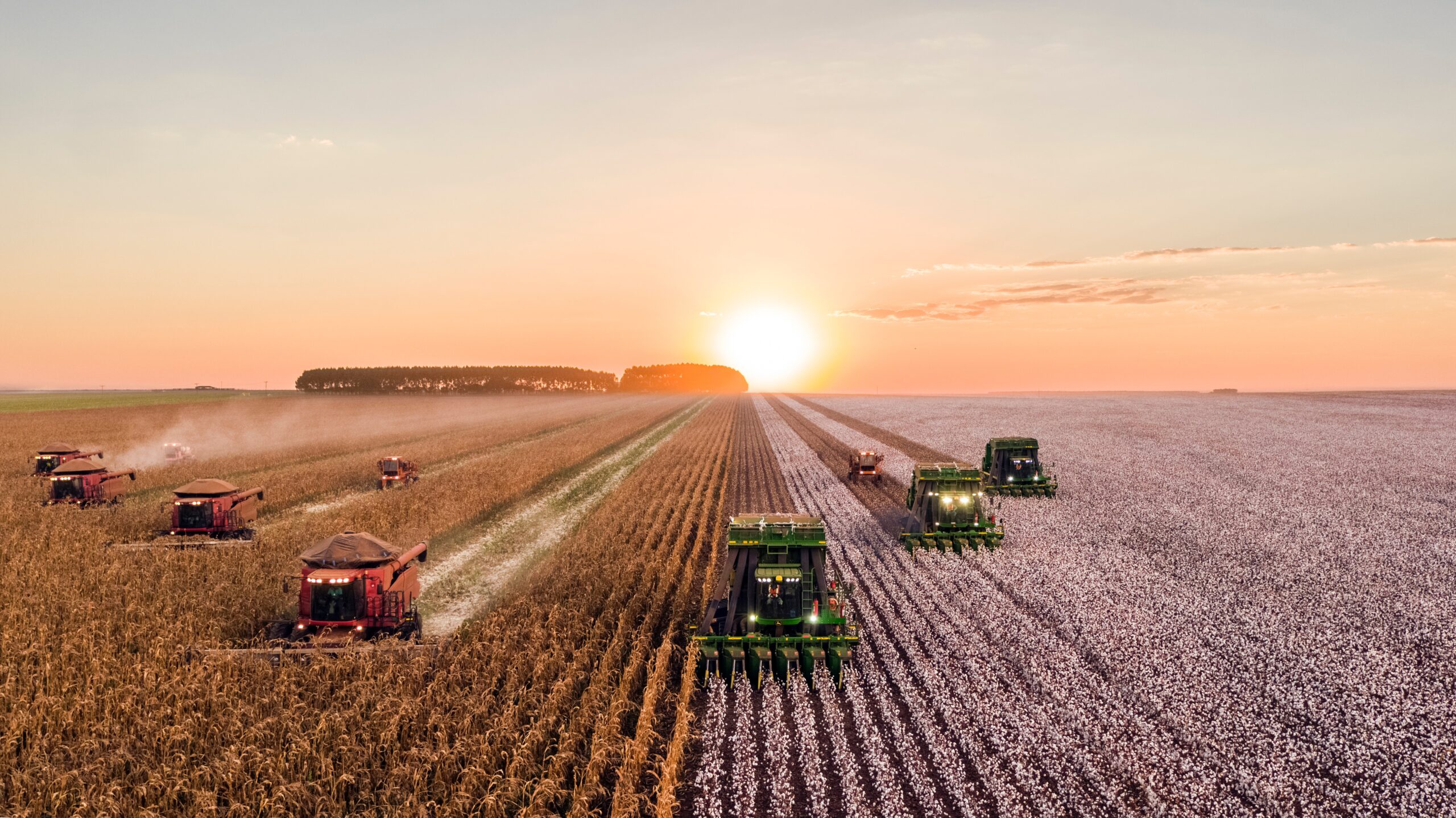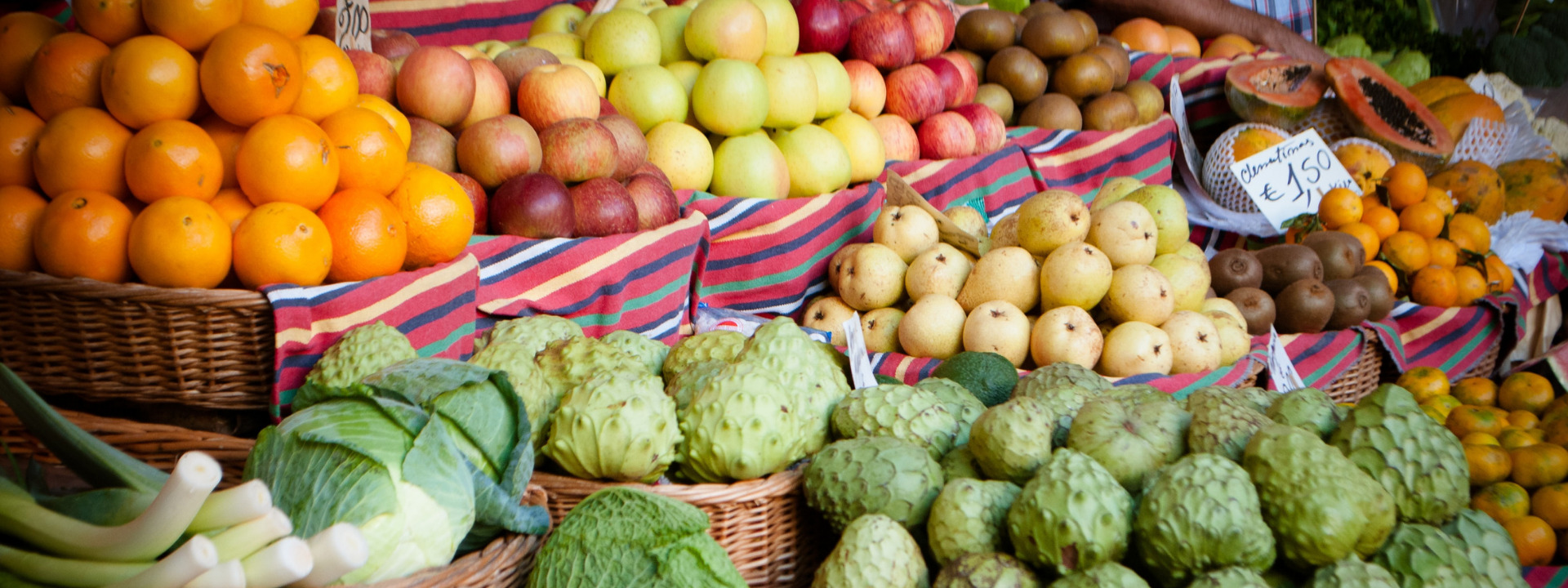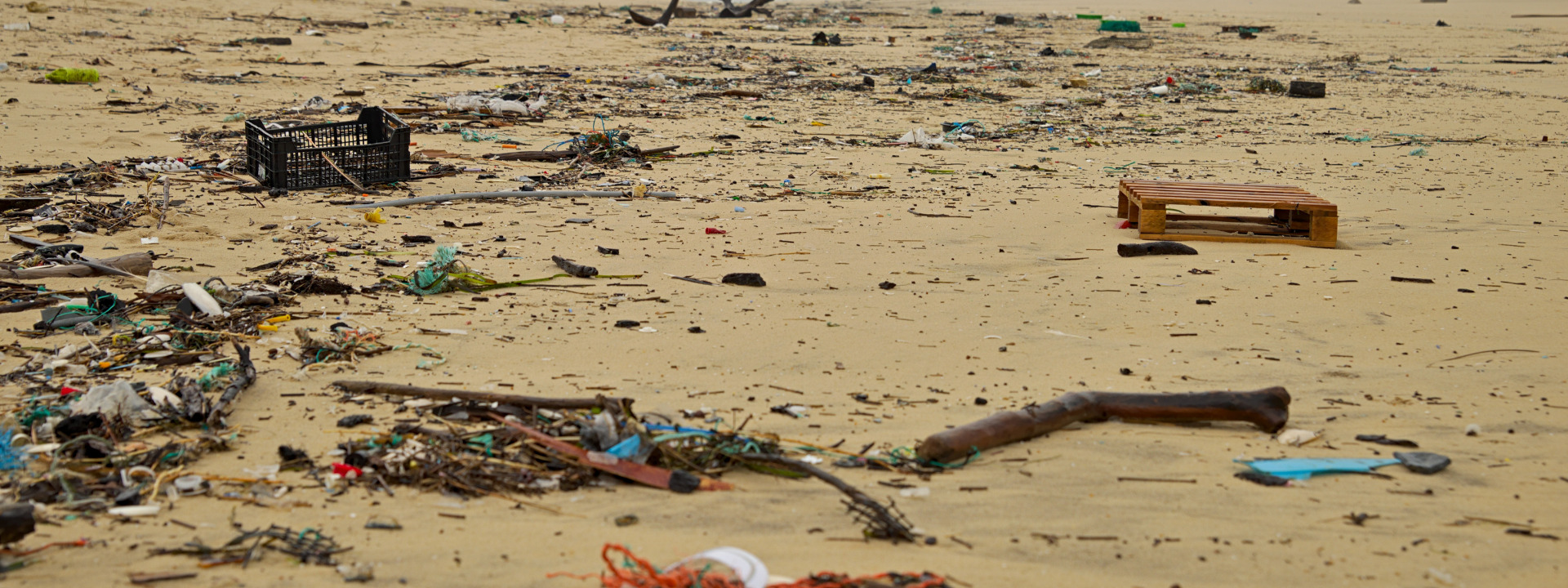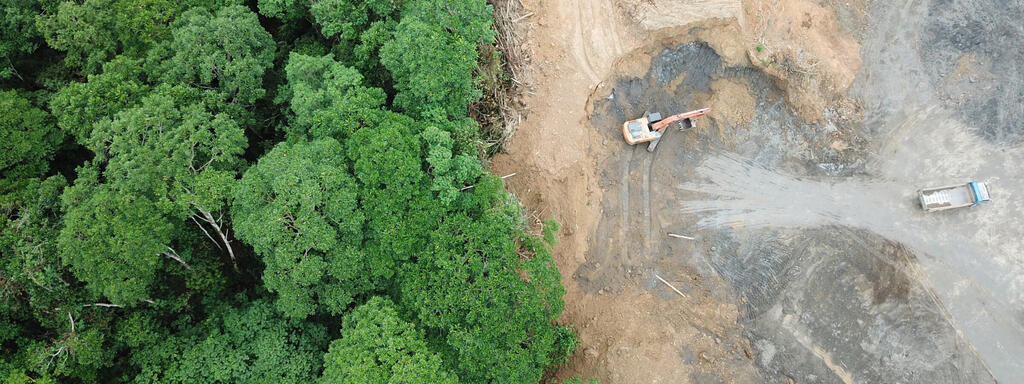News from Population Matters.
-

How China’s food demand will shape our future
At close to 1.5 billion people, China is the world’s most populous nation, as well as a major and growing economy, with important environmental implications. A new study shows that…
-

Europe’s biodiversity under pressure from growing food demand
Increasing populations lead to a subsequent increase in food demand, but how will this impact biodiversity? A recent study, published in Nature, shows the continued conversion of land to agriculture…
-

The Sahel: Empowering women key to averting disaster
The Sahel region of Africa is on a dangerous trajectory of rapid population growth and catastrophic climate warming. Empowering women in this area is key to saving and improving countless…
-

Troubled Waters: Population growth and climate change
The theme of this year’s World Water Day is ‘valuing water’. The impact of the climate crisis and population growth alongside lack of progress towards Sustainable Development Goal 6: ‘Water…
-

World Wildlife Day: 5 ways you can help forest species
World Wildlife Day, falling on March 3rd every year, is a UN initiative that aims to celebrate wild species and raise awareness of their plight. This year’s theme, ‘Forests and…
-

To save biodiversity, we must transform our food systems
A major new analysis highlights that current food production and consumption patterns are the biggest driver of biodiversity loss, and proposes three key actions to turn the tide and create…
-

Humanity headed towards ‘ghastly future’: Urgent warning from top scientists
An important new study warns that the world is failing to grasp the gravity of our environmental crises, and that without urgent action on the underlying causes, population and consumption…
-

Eating the planet: what our diets and population growth mean for the environment
A new report reveals that global adoption of current food consumption patterns in G20 countries would ruin our chance of meeting climate and sustainability targets, exceeding the planetary boundary for food-related emissions…
-

Population growth and environmental destruction fuel deadly diseases
Our growing population and resulting overexploitation of nature are facilitating the emergence and spread of infectious diseases like COVID-19. Population Matters’ Communications Officer, Olivia Nater, investigates how relentless deforestation, habitat encroachment, wildlife trade, consumption…
-

Larger population, larger people: humanity will require 80% more food by 2100
A new study shows that increases in average human height and weight, alongside population growth, could cause global food demand to soar. The study, published in PLOS ONE, looked into…

